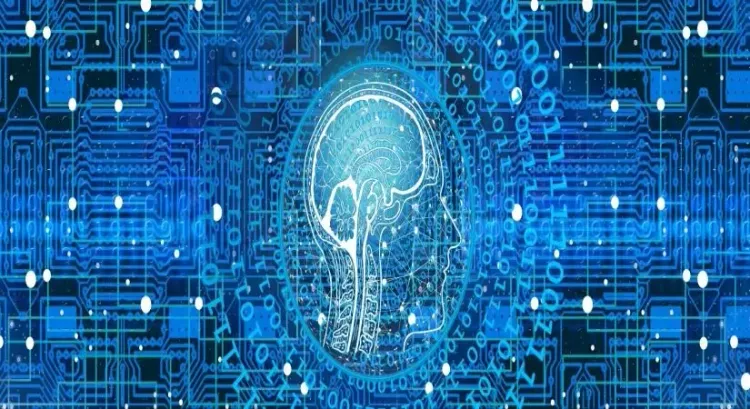Should IAMAI Amend Regulations for Using Public Data in AI Training?

Synopsis
Key Takeaways
- IAMAI advocates for law changes to aid AI training.
- Current regulations make data verification challenging for AI firms.
- Exemptions for data fiduciaries could promote innovation.
- Startups may benefit significantly from reduced compliance burdens.
- The DPDP Act aims to protect personal data while enabling lawful processing.
New Delhi, Aug 7 (NationPress) The Internet and Mobile Association of India (IAMAI) has formally urged the Central Government to eliminate the legal hurdles associated with utilizing publicly accessible personal data for the purpose of training or refining AI models.
The organization highlighted the challenges faced by AI firms, stating that it is unrealistic for them to ascertain whether all publicly available personal data has been willingly provided by users. Currently, data protection regulations require AI companies to verify if the data found on public platforms was indeed shared voluntarily by the user.
In instances where users have publicly disclosed personal data due to legal obligations, this information can be redistributed online by others without the user's consent. This complicates the ability of AI firms to verify user consent, according to IAMAI.
To address this, IAMAI has proposed an amendment to the Digital Personal Data Protection Act, 2023 (DPDP Act). The release suggested, "The Union Government might, as a temporary measure, consider exempting data fiduciaries from the provisions of the DPDP Act if they are processing personal data exclusively for the training or fine-tuning of AI models."
The ambiguities present in the DPDP Act regarding the handling of publicly available personal data could present practical challenges for AI companies, particularly those relying on large datasets for model training, as conveyed by IAMAI to the Ministry of Electronics and Information Technology (MeitY).
Imposing restrictions on access to publicly available personal data would create unnecessary compliance challenges for AI companies, stifle technological advancement, and limit the realization of AI's full potential. Such constraints would disproportionately impact startups and smaller enterprises engaged in AI model development, the association emphasized.
The DPDP Act is a thorough data privacy legislation aimed at regulating the processing of digital personal data. It strives to balance individuals' rights to safeguard their personal data with the necessity for lawful data processing. The Act establishes a framework to hold data fiduciaries accountable for personal data breaches, requiring them to implement suitable technical and organizational measures to prevent such breaches through reasonable security safeguards.









